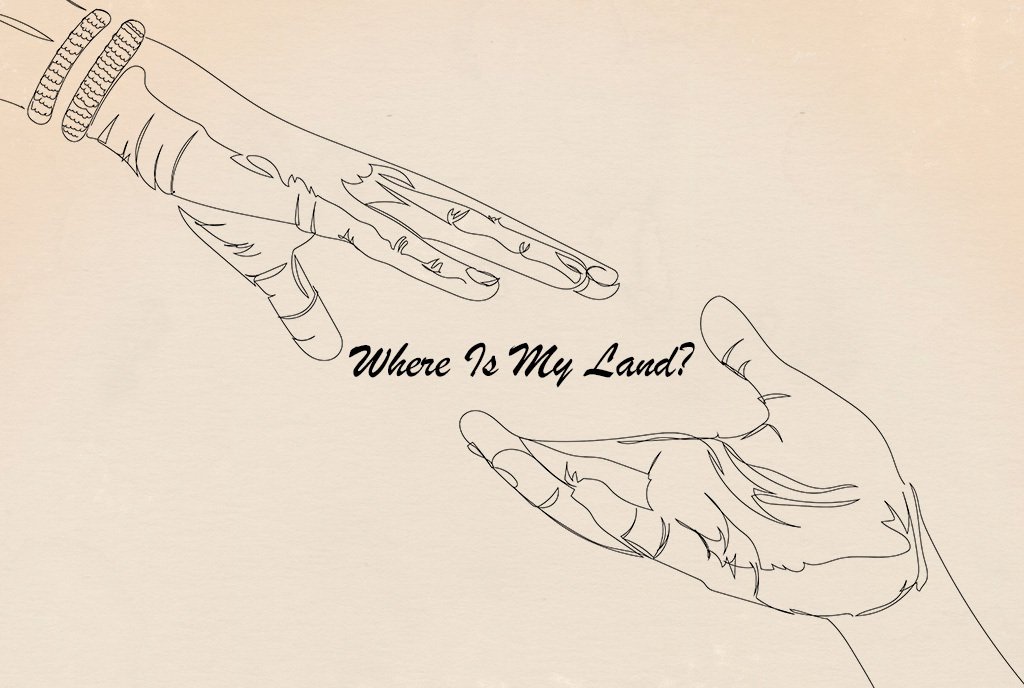
October 14, 2017; New Yorker
Recent reports by the New York Times and the New Yorker revealing the “open secret” of sexual harassment and rape allegations against Harvey Weinstein going back decades may take decades to process fully. This past Saturday, the nonprofit Academy of Motion Picture Arts and Sciences revoked Weinstein’s membership. French President Emmanuel Macron says that he wants to revoke Weinstein’s Legion of Honor award. Just as Matt Taibbi’s attack on Goldman Sachs gave us a lasting image of Goldman Sachs in Rolling Stone magazine (“a great vampire squid wrapped around the face of humanity, relentlessly jamming its blood funnel into anything that smells like money”), actress, writer, director, and political activist Sarah Polley may have given us the most indelible image of Weinstein when she says in her New York Times op-ed that he is “one festering pustule in a diseased industry.”
Jelani Cobb, a staff writer at the New Yorker, offers us something new to consider about this ugly story. “The great mystery of evil is not that it persists but, rather, that so many of its practitioners wish to do so while being thought of as saints.” As the idiom “a wolf in sheep’s clothing” warns, beware of the champions of progressive causes with whom contact is dangerous. According to countless reports, Weinstein was apparently a wolf in wolf’s clothing.
NPQ looked at the impact the Weinstein and Bill Cosby scandals are having on philanthropy. Cobb is asking why such people consistently seek “the cloak of charity” and progressive causes to hide and then after being found out to blunt the full force of their alleged crimes.
In that light, the philanthropy can be seen as a sort of honeypot scheme, in which a concern for social issues lulls people into seeing only one side of the giver. In some cases, charity doesn’t contradict monstrosity. It enables it.
Sign up for our free newsletters
Subscribe to NPQ's newsletters to have our top stories delivered directly to your inbox.
By signing up, you agree to our privacy policy and terms of use, and to receive messages from NPQ and our partners.
When the Times first reported about Weinstein’s depraved treatment of women, his immediate response was to write this statement, in which he inexplicably commits himself to confront the NRA, make a movie that will force Trump to “retire,” and to make good on his pledge to create a foundation to award financial scholarships to women directors at USC. This is what charity running with terror sounds like—disordered words grating on each other without the cushion of integrity. Weinstein’s brother calls this failed attempt at misdirection “utter insanity” in his interview with the Hollywood Reporter.
When I heard his admission of feeling remorse for the victims and then him cavalierly, almost crazily saying he was going to go out and take on the NRA, it was so disturbing to me. It was utter insanity. My daughters all felt sick hearing this because we understood he felt nothing. I don’t feel he feels anything to this day. I don’t.
There are perhaps hundreds of NPQ stories, such as this one, that push Cobb’s complaint to the outer edge of our ability to bear it. NPQ recently wrote about miscreants in our sector that mirror Cobb’s observation that offenders such as Weinstein and Cosby “tangentially benefit groups that they’re simultaneously exploiting.”
The trope is now almost torturously familiar: the “sheltered workshop” that pays employees with disabilities a subminimum wage while paying execs generously, hiring family members into well-paid positions, and doing big business with board members. NPQ has seen this same cookie-cutter pattern in Maine and Nebraska.
At risk of blanching despair into disillusionment, we can look at corporate examples as well of using charity as a cloak, of merely consulting their own advantage in the name of philanthropy. But atrocities cannot be compared with the ethics of commerce. Certain violations of the social compact are too terrible to be washed and rinsed by such tame debate. Ghosts refuse to be buried until all their stories are told. Speaking the truth about the claims mounting against Weinstein’s and the entire industry’s treatment of women is a prerequisite for creating a new social order and for the healing of individual victims to begin. Perpetrators typically cannot live with the truth. Survivors of atrocities cannot live without it.—Jim Schaffer












